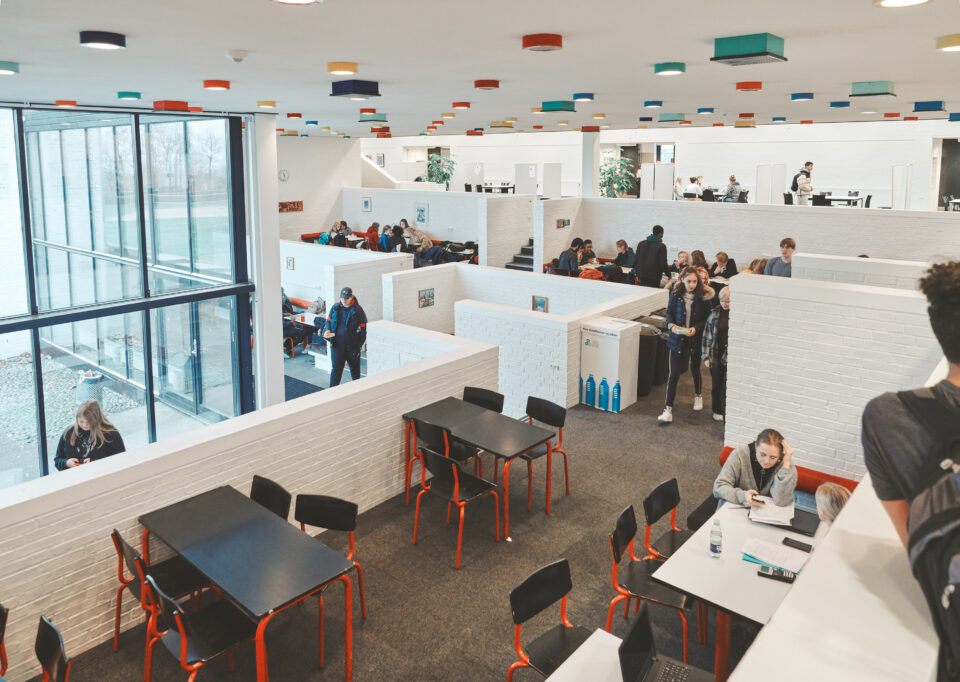Academic Honesty Policy
Academic Honesty Policy
In our approaches to teaching and learning, academic honesty is a core value of Hasseris Gymnasium. We acknowledge that teaching our students this value is a continuous process inherent in the teaching of all subjects and Core Requirements throughout the IB Diploma Programme.
The school’s concern to promote academic honesty is in full accord with the stance taken by the IB, as described in the publication “Academic Honesty: Guidance for Schools”. It is highlighted for all students to incorporate the academic method of studying into all aspects of IB teaching and learning.


Academic Honesty: A Core Value
What is Academic Honesty?
Academic honesty is based on the assumption that the work a student submits to a teacher is his or her own. Homework, coursework and tests should reflect the knowledge and efforts of the student. If it is not clear from a document what a student has created and what is the work of someone else, the essential trust between student and teacher will be compromised.
Academic Honesty is a matter of being principled – one of the key IB Learner Profile attributes – in all one’s work, from first note-taking to the final submitted assignment.
Following the Hasseris Gymnasium Academic Honesty Policy, malpractice, or lack of academic honesty, includes:
- Collusion – when more than one person has contributed to an assignment which should be the student’s own work.
- Plagiarism – when the student attempts to pass off the ideas of someone else as their own, instead of acknowledging sources in the recognized way.
- Duplicating work to fulfill the requirements of one of more components
- Fabricating data for an assignment.
- Taking unauthorized material into an exam room.
- Disclosing or discussing the content of an exam paper with a person outside the immediate school community within 24 hours after the examination.
Most students know that deliberate cheating is wrong in any circumstance, but the act of receiving guidance, getting assistance, using quotations, downloading pages, or adapting material while working on major papers or projects is not a simple one, and for this reason Hasseris Gymnasium trains students in appropriate academic procedures.
At Hasseris Gymnasium we have policies and programmes in three areas:
Research Skills
Individual subject teachers regularly demonstrate and remind students of appropriate ways to carry out research and acknowledge sources.
As part of the introduction to the Extended Essay process students are instructed how to use school library resources, internet resources and the local library system.
Each student is given a copy of the IB Extended Essay guidelines which treat the subject of documenting sources and the potential for plagiarism and as an integrated part of the EE Process students are given a full day course in academic writing skills and formats for referencing and citations.
Teacher Responsibilities
Subject teachers organize their assignments and tests so that students are aware of what is not allowed and so that it is difficult to cheat. They also stress the need for a balance of sources; internet sources alone are often not acceptable.
Consequences
- The consequence of gross malpractice, i.e. plagiarism or cheating on a test, is that the assignment will be given no credit.
- Generally, the first time that an IB student’s academic behavior is inappropriate, it will be possible, if time permits, for him or her to submit a new piece of work. If there is a recurrence, however, penalties will be severe.
- Any student found guilty of malpractice in work submitted for formal assessment as part of the final Diploma could automatically lose his/her IB Diploma.
